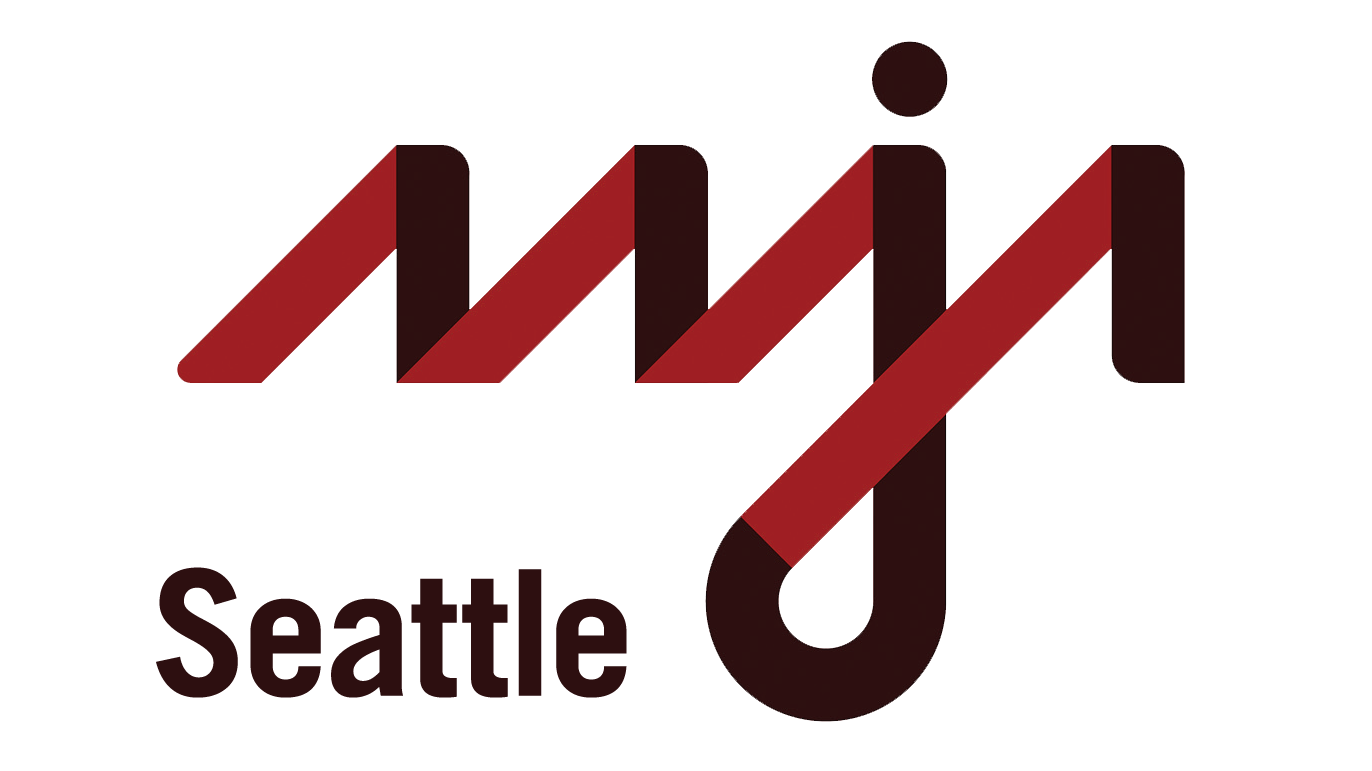Lessons Learned at the 2010 AAJA National Convention
AAJA Seattle student member Katelin Chow with AAJA Seattle founder Lori Matsukawa at the 2010 AAJA National Convention in Los Angeles
The following post was written by Katelin Chow. Katelin will be a junior at the University of Washington this fall. A 2010 recipient of the Northwest Journalists of Color Scholarship, Katelin also earned the Founders’ Scholarship, which provided funding for her to attend the 2010 National Convention of AAJA in Los Angeles.
As the airplane carried me from Seattle to Los Angeles for my first AAJA convention, I could feel the strangest sensation bubbling in my stomach. And it wasn’t from the can of ginger ale that I had knocked back. I was getting nervous about the convention. I thought that because I was a student, I might not have much to contribute to the AAJA conversation. Luckily, I was wrong. These eight tips helped me walk away from the convention feeling more excited about my future with journalism than I had ever felt.
- Always have business cards and resumes on hand at a conference. Be sure to have your “resume†site finished, as well. If you’re a multimedia journalist, have a demo-reel edited and accessible online. When I was walking through the career fair, I was shocked at how many cards I was handing out. As Mai Hoang tweeted, “A good sign you met lots of great people at #aaja? You need to reorder your biz cards. I have 12 left.â€
- When networking, be natural. The point of networking is to form lasting relationships—not to collect or give as many business cards as possible. It’s important to understand that almost everybody feels nervous and a little bit awkward when networking, so smile, breathe and let your passion for journalism shine through.
- Always ask questions. You’re a journalist, right? So you might as well let your inquisitive nature take over you at conferences. Asking questions helps show you’re interested, that you care and well, that you’re articulate.
- Use social media. Everybody wants to stay connected, so stay in the loop by keeping up with your Twitter, Facebook, LinkedIn and FourSquare accounts. All these networks might seem intimidating and overwhelming at first, but no fear. Even the least technology-inclined (yours truly) are able to spring into action when it comes to social media. Plus, I learned that journalists can use social media to brainstorm and execute stories.
- Repetition. If you’ve found a producer, editor or human resources generalist who you’ve bonded with (at the career fair or around the conference), don’t be afraid to say hi to them again. Repetition builds recognition, which leads to them remembering your face. So that after the conference, when you follow up with all the people who were gracious enough to speak with you, you’re not just another e-mail that floods their already-crammed Inbox.
- Follow up within three days. Don’t be a slow-poke when it comes to writing thank-you e-mails (or letters)! My mentor, Owen Lei, insisted I send my e-mails out within three days, otherwise anyone who I had spoken with might not remember me. Which brings me to the next point…
- Find good mentors, and don’t be afraid to seek advice from them. Journalism is a scary business, so it’s important to have people who you can trust to give you solid advice. You’re not limited to having just one mentor—the more perspectives on your career, the better.
- Don’t forget about meeting other students. It’s easy to feel overwhelmed by the hoards of adults you meet, so make sure you also hang out with students, too. While you’re most likely at the convention to learn more about the journalism industry, remember that your peers are also the future!
